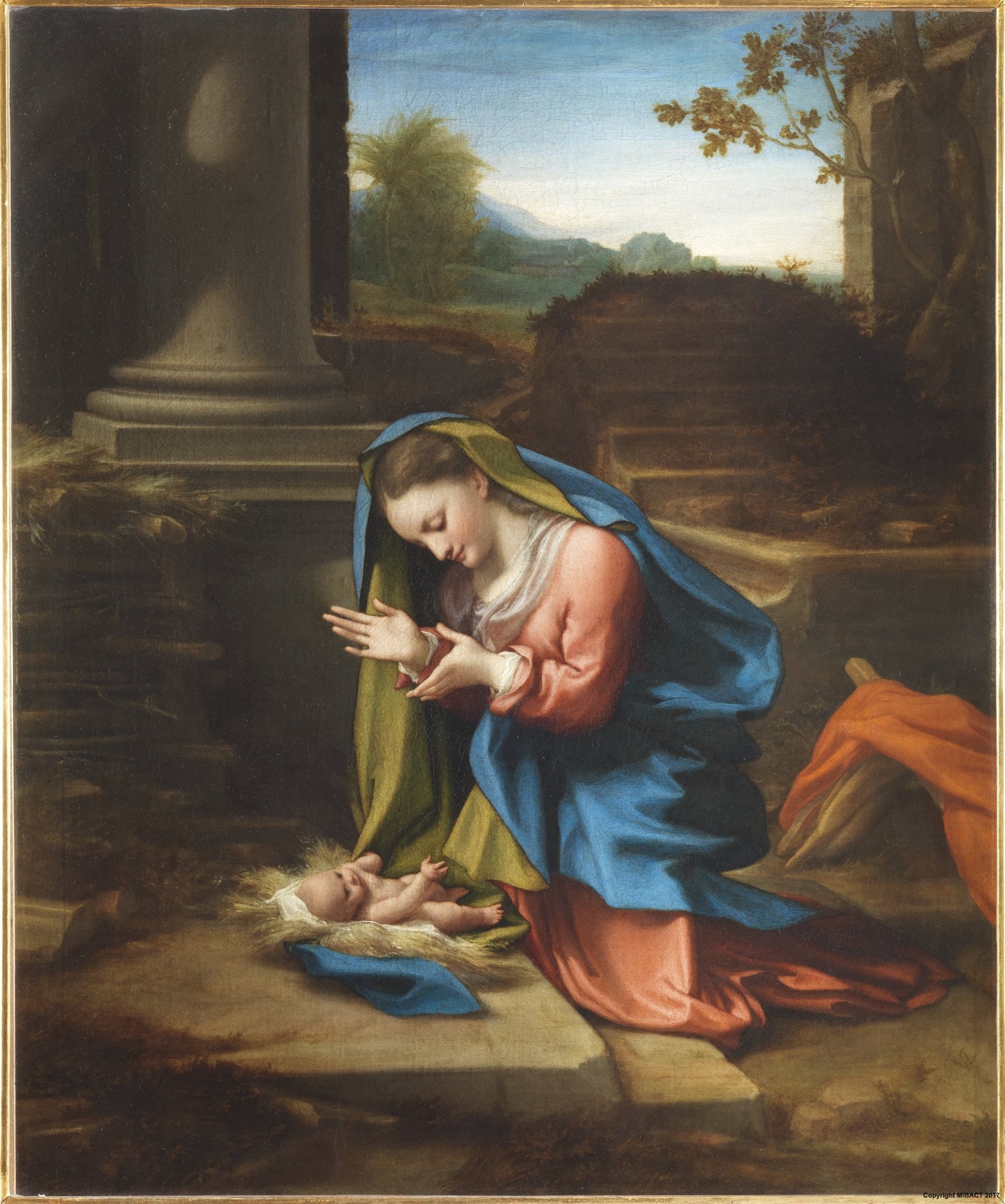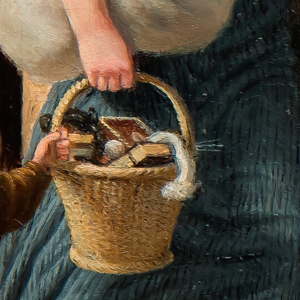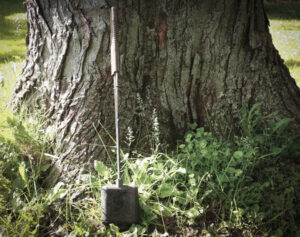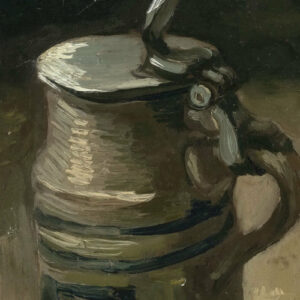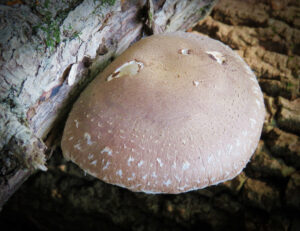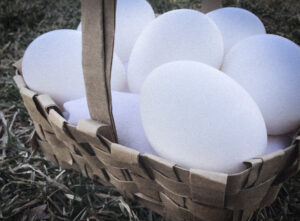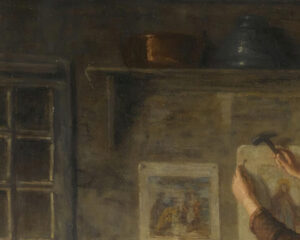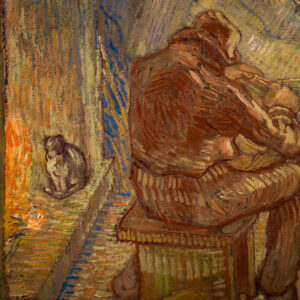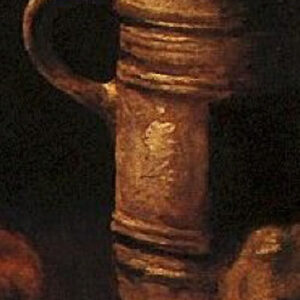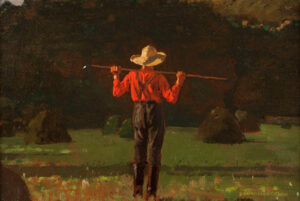Our Locus of Hope

Fr. Kyle Sladek
Despite the modern trend of commencing Christmas a few hours after Halloween costumes have been hung up and concluding it abruptly once no more presents can be found under the tree, it is, historically and liturgically speaking, a season that does not start until Christmas Eve and does not end until well into January. Christmas thus marries together the old and the new years. It is, as such, ideally positioned to inform our reflections on the one and our intentions for the other.
This Christmas season surely asks a lot of us. It challenges our locus of hope. It forces us to admit that, if we are Christian, our hope lies in a Baby. It is, undoubtedly, difficult to embrace such a seemingly incredible notion — life is hard, our faith can be weak, and our minds and our hearts wander. There have been two places lately where we humans have tended to place our hope, forgetting about the Baby.
The first is safety from the virus. Or, to read between the lines, “safety” from sickness, suffering, and death. A desire to be immortal. This is not a bad desire in itself. In fact, it is from God (And God bless all those who work heroically to aid the sick and suffering.) This divinely ordained desire will ultimately be frustrated and fruitless, however, if one’s vision of life does not extend beyond the temporal horizon and onto the eternal. We can take all the precautions and measures we want — and we certainly do well to pursue health — but if physical health is all that we pursue, none of it will matter for very long. If instead we hold in view both focal points, then concern about the virus finds its rightful place in our consciousness alongside many other things, such as cancer, car accidents, nuclear war.
This divinely ordained desire will ultimately be frustrated and fruitless, however, if one’s vision of life does not extend beyond the temporal horizon and onto the eternal.
Speaking of nuclear war (for some reason that sounds less jarring this year than most), I am reminded of a C. S. Lewis quote from his 1948 essay, “Living in an Atomic Age.” At that time, the world was still coming to terms with the events that ended World War II. He wrote,
“In one way we think a great deal too much of the atomic bomb. ‘How are we to live in an atomic age?’ I am tempted to reply: ‘Why, as you would have lived in the sixteenth century when the plague visited London almost every year, or as you would have lived in a Viking age when raiders from Scandinavia might land and cut your throat any night; or indeed, as you are already living in an age of cancer, an age of syphilis, an age of paralysis, an age of air raids, an age of railway accidents, an age of motor accidents.
“In other words, do not let us begin by exaggerating the novelty of our situation. [Y]ou and all whom you love were already sentenced to death before the atomic bomb was invented…. It is perfectly ridiculous to go about whimpering and drawing long faces because the scientists have added one more chance of painful and premature death to a world which already bristled with such chances and in which death itself was not a chance at all, but a certainty.
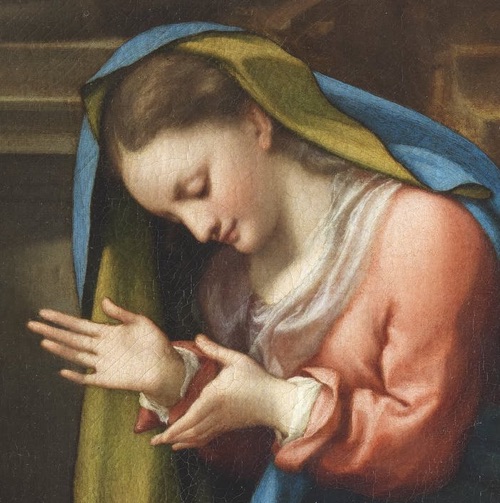 “[T]he first action to be taken is to pull ourselves together. If we are all going to be destroyed by an atomic bomb, let that bomb, when it comes, find us doing sensible and human things—praying, working, teaching, reading, listening to music, bathing the children, playing tennis, chatting to our friends over a pint and a game of darts—not huddled together like frightened sheep and thinking about bombs. They may break our bodies (a microbe can do that) but they need not dominate our minds.”
“[T]he first action to be taken is to pull ourselves together. If we are all going to be destroyed by an atomic bomb, let that bomb, when it comes, find us doing sensible and human things—praying, working, teaching, reading, listening to music, bathing the children, playing tennis, chatting to our friends over a pint and a game of darts—not huddled together like frightened sheep and thinking about bombs. They may break our bodies (a microbe can do that) but they need not dominate our minds.”
"If we are all going to be destroyed by an atomic bomb, let that bomb, when it comes, find us doing sensible and human things...."
In other words, let us live because we shall all one day die. For Christians, the only thing that can truly save us on that day is not a mask, not a vaccine, certainly not our anxiety, but the little Baby who suddenly appeared on the world scene (and, symbolically, in countless manger scenes). This is why our hope is in him. The tiny Baby is bigger than ourselves. And who among us wouldn’t like to hope in something bigger than ourselves, beyond just ourselves? We see a lot of hope put into things bigger and beyond, but not quite Jesus. The second place hope tends to be deposited unreflectively is politics.
Politics matter, and we must not flee the public square. Is it possible, however, to be perhaps a bit too invested in it? At times it seems to become all-consuming. This is how a world, a society, a culture thirsting for hope behaves. We are naturally attracted to the “powerful,” to those who can argue, who can throw their weight around, who can “get things done.” Yet salvation depends on none of this. Salvation depends on vulnerability — literally on the ability to be wounded. Salvation depends on the ability to become like him whom we worship. For the Christian, Jesus Christ is our King. Not this president or that Supreme Court justice; this governor, or that senator; this pope, or that prelate. Until we understand that power is made perfect in weakness, and that to save our life we must lose it, we will not be happy. We will be forever on the run, trying endlessly to prolong our short lives; trying to stay in power, or expand our power, or get power if we don’t have power; trying to control our hearts and our surroundings and our fellow human beings.
Again, this season asks much of us. Our hope is in the Baby, the Newborn King. While my neighbors or confreres at work, or social media “friends” shout (or post), the modern equivalent of “We have no king but Caesar!” I am supposed to believe that I have no king but the Baby. I have no king but a Baby born into poverty and obscurity, a Baby who will grow into (by all appearances) an ordinary man; who will work, teach, and allegedly do some miracles, but will be grossly misunderstood; who will have a small-scale, localized “rise,” if you can call it that, and then end up dead on a cross. This is my king?
Yet somehow the Baby turns everything on its head. He puts one past our adversaries by arriving as he does. God-as-baby is not just a transition point in the life of Christ or an arbitrary entry that was made to disguise his identity: the Christ Child is intentional.
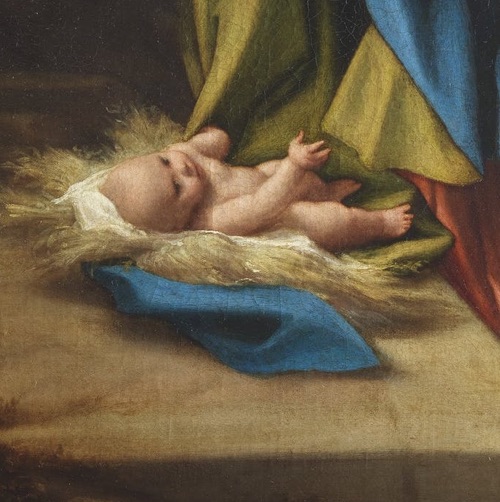
He prioritizes our living and dying in a way that conforms to his smallness, his paradoxical relationship to power and might. And ultimately his followers will claim he rose from the dead — his smallness becoming larger than death itself, and binding together those temporal and eternal horizons, like Christmas binding the old and new years. His followers will further claim that he still lives today, still loves today, and still binds heaven and earth — saving us from our sin and bridging our death into life. That is what a Christian believes. That, by professing Christianity, is where our hope lies. Ecce Rex Magnus.
Our ancient enemy, Satan, doesn’t want us to have hope: he wants us to be hopeless. Or he wants us to put our hope in politics and vaccines, and then to get angry at everyone who thinks differently than we do about politics and vaccines. The Baby simply asks us to hope in him. It’s a big ask. But those who have answered it — those who have taken this proverbial leap of faith — know that it is the only thing that satisfies. And it only makes sense after you’ve leapt. That is why the long season of Christmas is the second-biggest Christian feast of the year, and why it should give us hope, and why this Baby is the proper locus — the only locus — for that hope.
So as we finally say farewell to this year and boldly welcome a new one, let us put our hope where it rightly belongs. Here we have no lasting city, no lasting body. Everything about this life points us toward something beyond this life. Let us hope in him whose birth leads us there. We will not hope in vain.
